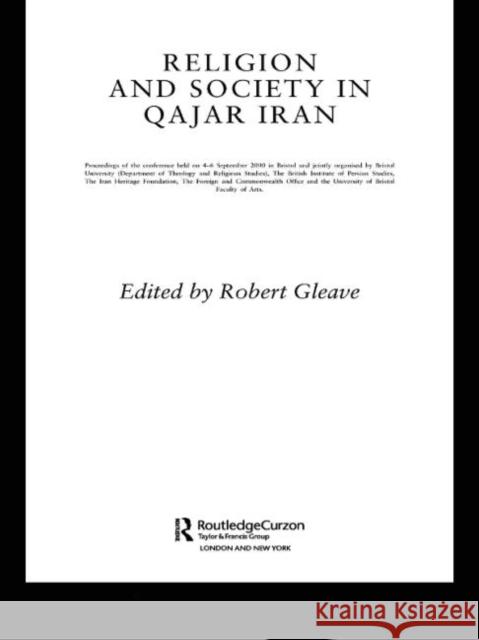Religion and Society in Qajar Iran » książka
topmenu
Religion and Society in Qajar Iran
ISBN-13: 9780415573474 / Angielski / Miękka / 2009 / 482 str.
Religion and Society in Qajar Iran
ISBN-13: 9780415573474 / Angielski / Miękka / 2009 / 482 str.
cena 274,23
(netto: 261,17 VAT: 5%)
Najniższa cena z 30 dni: 261,89
(netto: 261,17 VAT: 5%)
Najniższa cena z 30 dni: 261,89
Termin realizacji zamówienia:
ok. 22 dni roboczych.
ok. 22 dni roboczych.
Darmowa dostawa!
Brings together studies of religion in nineteenth century Iran.











